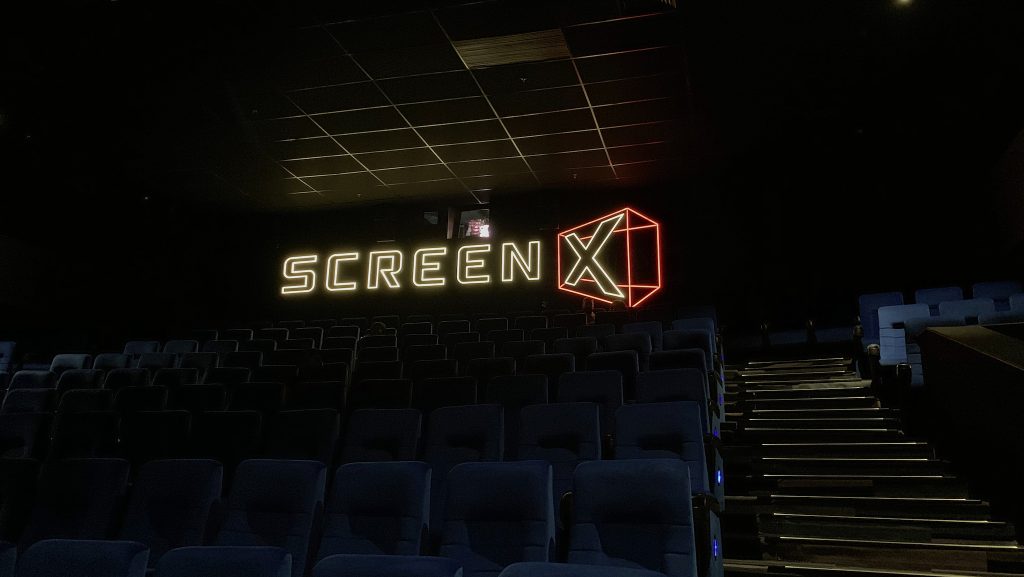Om Malik's Short-term Impressions of the new iPad mini
Om Malik has published his thoughts about the new iPad mini — based on using Apple’s review unit for ~5 days. He makes it clear that this isn’t a review, as he hasn’t spent enough time with it. Yet he felt the need to write about his early impressions. You should read the whole thing, but these two paragraphs really stood out to me.
The iPad Mini screen is about 18 to 24 inches from the eyes. By keeping the brightness below 50 percent, my eyes don’t get tired despite a long reading session. It is quite pleasant to read on the iPad Mini, thanks to its upgraded screen. I can lounge in my Eames chair, a cup of coffee on the side, and skim through morning reading relaxed and without hunching over. I much prefer this lean-back mode of consuming the words. The screen is on my desk. I can listen to a podcast in the background, but it doesn’t feel like work again. It feels more of a relaxed consumption of information.
and
The best way to extract the most out of the smallest iPad is to think of it as a device enhanced by non-keyboard input methods — Scribble with Pencil, snapping photos with the cameras, or using Siri/voice input. The improved “Scribble” allows you to make notes, do quick searches, and even find directions. It is a very addictive way to use the iPad, especially in the smaller size.
To me, this looks like the most incredible media consumption device there has ever been. It’s powerful, but small enough to hold it and use it almost anywhere. It’s quite comfortable to use, and I have no complaints about iPadOS 15 not being able to live up to the hardware.
I’d have already bought this if it didn’t cost an arm and a leg in India.
